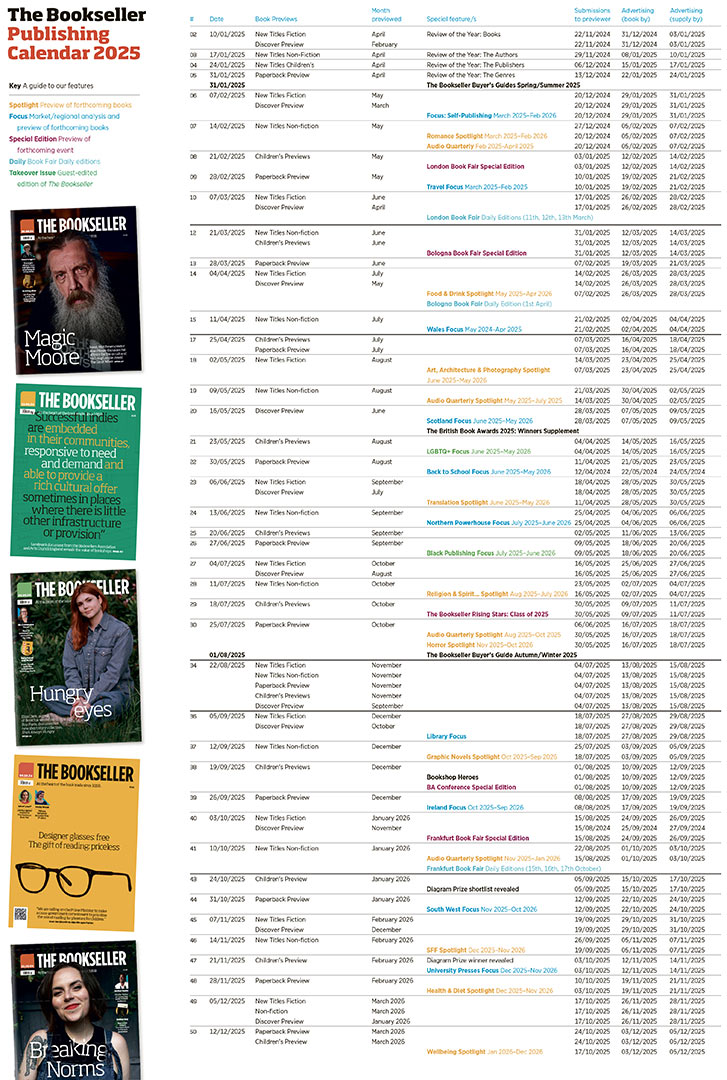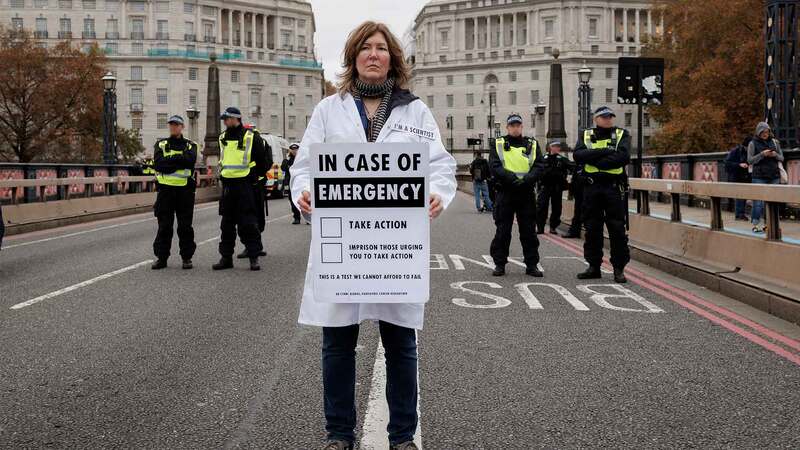You are viewing your 1 free article this month. Login to read more articles.
Callow on Dickens: A Man for Today
The works of Charles Dickens are universally acknowledged to be among the masterpieces of English literature; they’re unendingly adapted for stage, television and film. His relevance and vividness are not in doubt. But he remains a closed book for many people, especially young people.
The sight of a page of Dickens’ prose is quite daunting: circumlocutory, elaborate, sometimes – when he transcribes the cockney speech of his time – apparently impenetrable. In fact he is one of the most accessible of authors. There’s nothing pretentious or obscure about him: he was almost entirely self-educated – the sum total of his schooling was three years. He left school at the age of 15 and read everything he could get his hands on, but more importantly he listened to and looked at the life all around him. He was a man of the people, and knew all about poverty, neglect, humiliation, hunger. As a 12-year-old he worked for a year in a rat-infested shoe polish factory on the Charing Cross Embankment while his father was in debtors’ jail. He had to fight all the way at the beginning; in his spare time, he studied shorthand so that he could become a reporter in Parliament. His brilliance at this led to his writing for the newspapers; his early anonymous sketches were a tearaway success; then his first novel, The Pickwick Papers, was a triumph worldwide. He was an international celebrity by the time he was 30, but he never lost touch with the real world. He immersed himself in the lowlife of London, and fought till the day he died on behalf of the disadvantaged. His stories address the ills of society head on; there’s nothing narcissistic about his books, no element of art for art’s sake. His books were about the people and for the people.
So why the barrier? The clue to Dickens is performance. All his life he was obsessed by theatre; as a young man he seriously considered becoming an actor. He was a superb mimic, a great comedian and was fascinated by physical transformation. When he writes, you hear his voice. It’s as if he was performing the work himself. He is the writer as actor. Eventually Dickens came right out with it and performed his work in public. After a dazzling career as an amateur actor (including command performances for Queen Victoria), Dickens undertook, in the last two decades of his life, lengthy tours of Britain and America that were attended by as many as 2,000-3,000 wildly enthusiastic people. They were the rock concerts of the day. People literally fought to get in. They laughed, they cried, they cheered. Of course, they all knew the novels, which had come out in very accessible monthly and sometimes weekly instalments. Many of the audience will have read them out loud to their families as they appeared.
And the moment you start to read a Dickens novel out loud it all falls into place: the rhythm, the sense of character, the comedy, the huge extravagant metaphors all seem natural and direct. Some of the later novels go to very dark places indeed, but almost without exception, they are laced through with comedy. Dickens believed that in life comedy and tragedy rubbed shoulders – like streaky bacon, he said. He took this idea, he said, from the stage, but it is part of what makes him so modern. We’re used to the grotesque mingling with the sentimental, disaster with the absurd. His books swarm with every kind of creature: all human life is there. He especially loved show people – giants, dwarves, bearded ladies. Born on 7 February two hundred years ago, he comes out of very ancient popular traditions but addresses very modern concerns: how will society hold together? Why such extremes of poverty and wealth? Who rules? His genius is that he tells his story and asks his questions with thrilling theatrical means, larger-than-life, knock-’em-down, on-the-edge-of-your-seat stuff. He’s the man for today.
Charles Dickens and the Great Theatre of the World by Simon Callow is out now, published by HarperPress. Photo of Charles Dickens from Dickens’s Victorian London, out now published by Ebury















